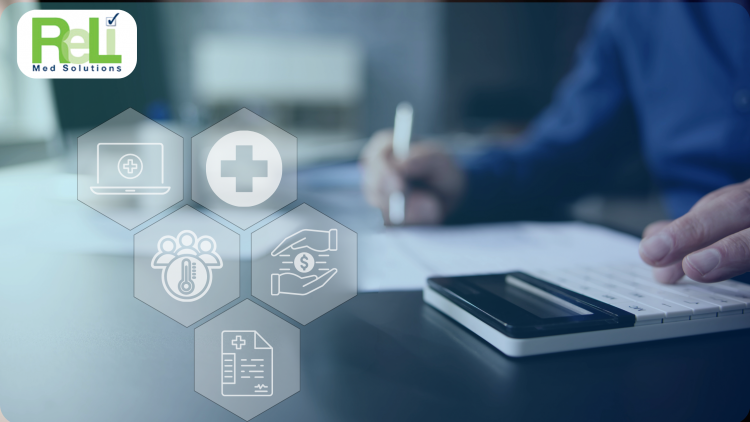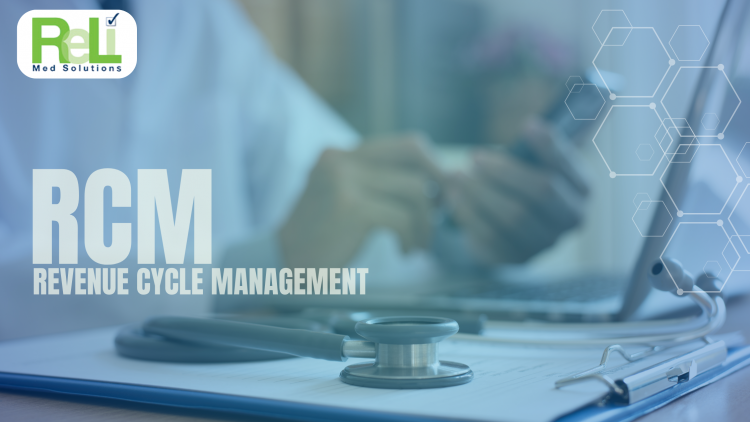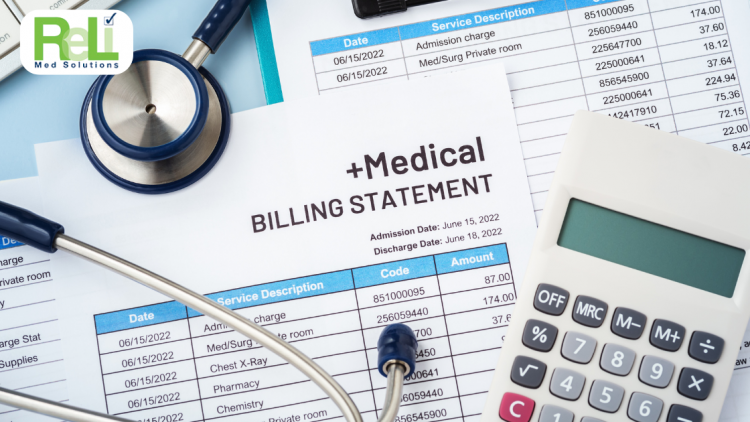See How Medical Billing Services Simplify Front Desk Alerts and Control Patient Balance Management?
In today’s fast-moving healthcare world, medical billing services are crucial for making administrative tasks easier. These services change how healthcare providers handle billing, which helps manage patient balances better and improves front desk operations. By reducing mistakes and increasing cash flow, medical billing services let staff concentrate more on patient care. This leads to better healthcare overall.
The Benefits of Using Medical Billing Services for Front Desk Operations
- Automation and Error Reduction: Medical billing services automate the billing process, which reduces manual errors. This automation results in quicker and more accurate billing, minimizing billing disputes and delays. Because of this, front desk staff can focus on more critical tasks. Practice management becomes more efficient, allowing the staff to handle other responsibilities effectively.
- Faster Payment Collection: By streamlining billing processes, these services accelerate payment collection. As a result, providers maintain a steady cash flow and reduce administrative burdens on front desk staff. Thus, Medical Record Software integrated into the RCM system helps handle billing tasks efficiently, enhancing the overall financial health of the practice.
- Enhanced Focus on Patient Care: With billing tasks handled by specialized services, front desk staff can devote more time to assisting patients instead of managing complex billing issues. This shift improves overall patient satisfaction and enhances the quality of care provided. **Because of the efficient medical billing services, staff can focus on delivering exceptional patient care.
- Improved Communication: Medical billing services facilitate clearer communication between the front desk and patients regarding outstanding balances. By using RCM, these services ensure timely alerts and updates, helping to prevent misunderstandings and improving overall patient experience.
Why Is Patient Balance Management Important for Healthcare Providers?
Effective patient balance management is crucial for ensuring that healthcare providers receive timely payments. Tracking patient accounts and managing outstanding balances are vital for maintaining the financial stability of a healthcare facility. Without proper management, providers may face delays in revenue collection, which could lead to financial strain. Thus, Revenue Cycle Management (RCM) ensures efficient tracking and management of patient balances, mitigating financial risks and ensuring smooth operations.
What Are Front Desk Alerts in Healthcare?
- Unpaid Balances: These alerts notify staff about any outstanding amounts that patients owe. By highlighting unpaid balances, staff can address payment issues promptly, which is crucial for effective medical billing services and ensuring that financial responsibilities are communicated and managed efficiently.
- Upcoming Appointments: These reminders help staff keep track of scheduled visits, ensuring that patients are reminded of their appointments. This reduces no-shows and helps maintain an organized schedule, thereby improving overall practice management and office efficiency.
- Insurance Information: Alerts about necessary updates or changes in patient insurance details are essential for accurate billing. They ensure that any new or modified insurance information is captured correctly, which supports medical billing services in preventing billing errors and delays in payment.
Choose ReLiMed Solution for Your Medical Billing Needs
ReLiMed Solution stands out with its exceptional medical billing services, crafted to address the unique requirements of healthcare providers. By offering comprehensive solutions, ReLiMed Solution excels in managing patient balances, handling intricate billing tasks, and delivering timely alerts directly to the front desk. This holistic approach simplifies medical billing services, ensuring that every aspect of your practice’s financial management is covered. With ReLiMed, you can count on receiving precise, efficient, and highly professional services that keep your practice operating seamlessly.
In today’s fast-paced healthcare environment, medical billing services play a vital role in ensuring efficient operations. By integrating advanced practice management tools and leveraging RCM, healthcare providers can manage patient balances effectively and receive timely alerts about front desk operations. Choose a reliable medical billing service to streamline your administrative tasks and enhance your practice’s efficiency.




